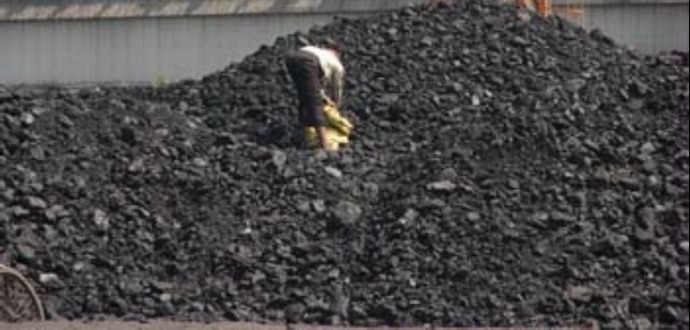
"Life looks pretty good this way if you ask me. It's a strange fact, but the way that life looks to you depends largely on the way that you look at life. It's the old adage of the difference between the optimist and the pessimist.
I find it almost impossible to think back to a time when I was extremely sad, with one possible exception (not including the death of loved ones). I was aged around fourteen at the time and though I didn't watch much television then, being more interested in going out with girls dancing and not sat in front of a goggle box, there was on one particular occasion a television programme that I dearly wanted to watch.
It was a cowboy film. I cannot recall the precise reason now, but my father wanted me to do something else for him that evening which would mean me missing the film. I tried to get the the task changed to another night, but he replied it needed to be tonight. The more I realised that I wouldn't be seeing the film, the more emotional I became. Sensing this emotional change in me, instead of 'giving in' like most parents today would do, he became stronger in his refusal. Once my father had made up his mind, nothing would ever induce him to change it, even when he was wrong.
That night, I did the job he required me to do and then went to bed in a sulk. I felt unhappy at having missed my film which I may never have the opportunity of seeing again. I subsequently learned that it hadn't been essential to my father that I did that task on the night he requested. He admitted as much when I tackled him about it and said, 'Any programme or thing that becomes more important than whatever your parents ask of you, isn't worthy of having at any cost.'
I have never forgot that lesson today almost fifty years on; 'People do matter more than things.'
At the top of Pack Horse once was a mined pit. After the pit had closed down, many poor families from nearby Windybank Estate would take their bicycles, bunkers and old prams up there on an afternoon and collect any remaining bits of coal or high-grade shale that could be used on their fires. Having been a miner, my father presumably had some knowledge of the best type of shale to burn. For three years of Saturday afternoons between the ages of seven and ten, I helped my father fill a full sack that took us up to three hours in all manner of weathers. My father would pay me sixpence wage for my afternoon's toil. The work was extremely dirty and hard, but I did it in good heart knowing that it would help warm the family home.
This practice proceeded until one day a friend of mine told me that he'd seen my dad dump a sack of shale somewhere on the way down to Dransfield's Farm, off Second Avenue. At first I didn't believe my friend, but after our next excursion to the pit head at Packhorse, at the very first opportunity I followed my dad when he next placed a full sack across his crossbars and set off in the direction of Dransfield's Farm. After I'd checked that it had indeed been the shale we had spent hours collecting the previous weekend I angrily challenged him at the very next opportunity. This was no easy task for a boy to do in the early 1950s, especially to a father who lost his temper easily whenever his actions or decisions were brought into question.
He never did tell me why he did what he did, but thankfully I had a mother who held nothing back from her children however cheerful or hurtful it might prove. 'Think nothing of it, Billy' mum said. 'He's only doing what his dad Ned did to him, by teaching you to work for your money and not to expect handouts when you're grown up and have left home.'
My parents, despite raising seven children; all of us who went on to give to society more than we ever took from it, refused to take a penny from the State. The closest my mother ever came was to accept free orange juice tokens to supplement the children's diets. My parents, along with other parents of the time had been reared to earn what you spent, to borrow what you needed and to always pay back on time. For over fifteen years, Harry Hodgson's grocer's shop off the estate would allow us to purchase family provisions this week and pay for them out of my father's wages the following week.
I once recall telling my dad that we all look at life differently. He replied by telling me that the only two things to look to as a resident on Windybank Estate that would maintain your respect in the eyes of your neighbour were the two unspoken codes of the estate.
'The first was to keep your word whenever you gave it, whatever the consequences, and the second was if you got caught doing wrong, own up, admit it, apologise and take your punishment like a man.'
I know what wouldn't have happened to any politician who was found with his pants down, fiddling with kiddies or with his hand in the till in the 1950s. He wouldn't have retained his job, been knighted or kicked up to the House of Lords.......no! Instead, had Windybank Estate residents been Judge and Jury, he'd have most likely had the offending limbs chopped off, but one way or another, take it from me, he'd at least have been cut down to size and never been allowed to represent ordinary decent people again." William Forde: March 10th, 2015.
